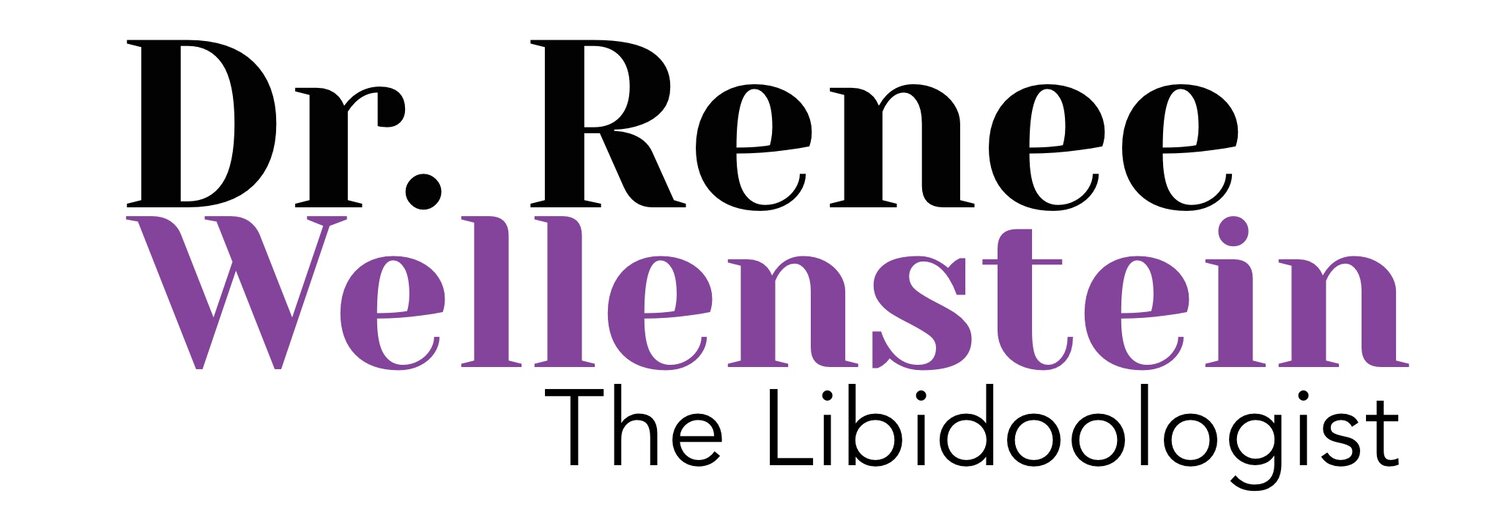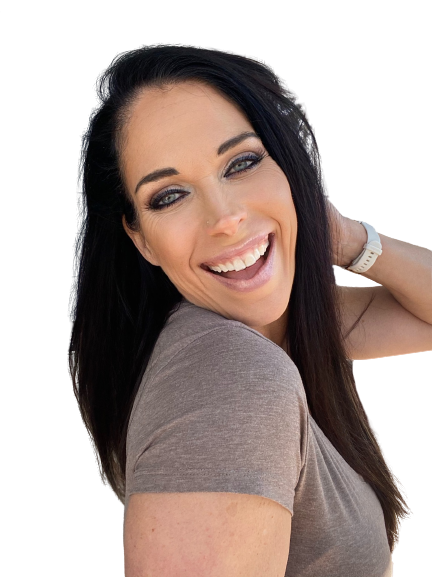My Top Supplements for Women In Their 30s and Why
What a controversial topic. I know that so many people believe they are useless. I have heard other docs tell their patients that if they take supplements, then they have expensive urine. Translation: they just pass right on through the body, not doing anything useful for the person’ health.
I have not always appreciated the benefits of supplements until I started doing lab testing before and after strategic supplementation in my patients. When you see labs improve with no other changes but the addition of supplements, then you know they must be working!
And others argue that why take supplements if you eat a healthy, well balanced diet. While I encourage all of my clients to eat a whole food diet, I know that there are essential nutrients lacking in our modern day soil that will not otherwise be consumed by my clients unless they supplement with what is missing. Also, I realize that many healthy foods, like fruits and vegetables, lose some if not most of their nutrients en route on a truck to their final destination. So while it is hopeful that a balanced, healthy diet is all you need for optimal health, I think we are missing many key vitamins and minerals if we rely solely on food.
I do have my favorite supplements for women in certain age groups. And while I do prefer to strategically supplement my clients based on their own personal needs (determined through specialized lab testing), I have noticed that there are a handful that I seem to be recommending over and over.
What are my favorite supplements for women in their 30s and why?
B Complex
I find that most women, regardless of age, are deficient in B vitamins. One reason is the B vitamins are used up when we are stressed and I have yet to find one person whose stress level was not increased over the past year. Also, B vitamins are lacking in our everyday foods.
And, specifically in this age group, many women are on or have been on oral contraceptive pills. OCPs deplete our body of B vitamins so this age group needs them more than ever! [1] And B vitamins helps with stress and production of key neurotransmitters that help with feeling happy, relaxed and rewarded. To avoid the flush that can commonly occur w
2. Vitamin D
I find that most women also need Vitamin D supplementation. Between residing in cold weather climates where many do not see much sunshine during several months of the year or chose not to go outside due to the temperature and the fact that when most women do go outside, they wear sunscreen, I find that most women are deficient in Vitamin D unless they are supplementing.
Again, food is a source of Vitamin D but I have never found adequate levels achieved with the above limitations on exposure to the sun and a healthy diet. Vitamin D is crucial for not only bone health but also immune system function, mood as well as inflammation. Those with low levels tend to experience more sickness, increased inflammation and lower moods. Have your doctor check your Vitamin D levels to be sure you are a candidate for supplementation and use with caution if you have kidney disease.
3. Magnesium
Another deficient mineral in most women, regardless of age and nutrition status. Magnesium has so many benefits including production of energy and hormones, regulation of mood and it serves as a natural anti-inflammatory and muscle relaxant. Common symptoms of low magensium include muscle cramping or weakness, change in mood such as lack of emotion or even depression, fatigue, and an irregular heart beat. My favorite kind of Magnesium to use is Magnesium Glycinate since, in my opinion, it is better absorbed and it causes less gastrointestinal symptoms such as loose stools or diarrhea. If you have a problem with
constipation, you may want to consider supplementing with Magnesium Citrate at bedtime, not only for the calming effect of magnesium but also in the hopes that it will help produce a bowel movement the next morning. You can also replete Magnesium by using epsom salts in a bath or a magnesium gel. Always check with your doctor before starting magnesium, especially if you are taking medications for high blood pressure.
4. Probtiotics
I find women in their 30s seem to struggle a lot with stress and anxiety. To me, this always points to the gut. A beneficial way to help combat this is to promote a healthy balance of gut bacteria so as to produce adequate serotonin, or what I usually refer to as the “happy chemical.” About 90% of our serotonin is produced in our gut so we want to support a healthy level of good bacteria so as to encourage the production of the critical neurotransmitter. Specifically, having the strains Bifidobacterium and Lactobacillus in a probiotic and taking it for 1-2 months has been showen to improve such mood disorders as depression and anxiety [2]
Probiotics also support a healthy immune system which is essential for women in their 30s since this is the decade where child bearing and raising infants and toddlers is the most common. Some common side effects to beginning probiotics is an increase in bloating and gas. This usually resolves after a couple weeks but if it continues, you may have a condition called SIBO and should get it checked out by your healthcare provider. You also may want to use caution if you suffer from histamine intolerance.
Omega 3’s - Once again, I find that many women in their 30s suffer from anxiety and depression. Omega 3s have been shown to improve symptoms of both of these mood disorders. [3,4] And, again, since this is the decade where many women choose to get pregnant, Omega 3s support development of an infant’s brain which then results in higher intelligence, fewer behavioural problems, and decreased risk of ADHD and autism. [5]
This is the decade where many women start experiencing problems with their menstrual cycles, including increased pain with their periods. Studies have shown that Omega 3s may actually alleviate menstrual pain [6,7] and may even be more effective than a commonly used NSAID like Ibuprofen [8]
So these are just a few of my favorites for some of the common issues women in this decade of life seem to deal with. And, again, this is just my personal opinion of the supplements I choose to use if having to pick and choose which ones to recommend! Are there other great supplements out there that could benefit certain issues a woman may be struggling with that were not covered in this article? Absolutely! But that is when it is great to work with a consultant (like me!) to strategically use the best supplements for the conditions.
Not sure where to get these supplements? I made it super easy for you! Click here to get to my online supplement store!
Not in your 30s but curious about what supplements are my favorites for women in their 40s and 50s? Stay tuned for these articles because I did not forget you!
Interested in a consult with me? Book a call today!


![B Complex I find that most women, regardless of age, are deficient in B vitamins. One reason is the B vitamins are used up when we are stressed and I have yet to find one person whose stress level was not increased over the past year. Also, B vitamins are lacking in our everyday foods. And, specifically in this age group, many women are on or have been on oral contraceptive pills. OCPs deplete our body of B vitamins so this age group needs them more than ever! [1] And B vitamins helps with stress and production of key neurotransmitters that help with feeling happy, relaxed and rewarded. To avoid the flush that can commonly occur w](https://images.squarespace-cdn.com/content/v1/5e137683e652a844ffcbbf2a/1620140792941-PY7ZCI5DSGXRQPTJ24VI/caroline-veronez-bbjmFMdWYfw-unsplash.jpg)


![4. ProbtioticsI find women in their 30s seem to struggle a lot with stress and anxiety. To me, this always points to the gut. A beneficial way to help combat this is to promote a healthy balance of gut bacteria so as to produce adequate serotonin, or what I usually refer to as the “happy chemical.” About 90% of our serotonin is produced in our gut so we want to support a healthy level of good bacteria so as to encourage the production of the critical neurotransmitter. Specifically, having the strains Bifidobacterium and Lactobacillus in a probiotic and taking it for 1-2 months has been showen to improve such mood disorders as depression and anxiety [2] Probiotics also support a healthy immune system which is essential for women in their 30s since this is the decade where child bearing and raising infants and toddlers is the most common. Some common side effects to beginning probiotics is an increase in bloating and gas. This usually resolves after a couple weeks but if it continues, you may have a condition called SIBO and should get it checked out by your healthcare provider. You also may want to use caution if you suffer from histamine intolerance.](https://images.squarespace-cdn.com/content/v1/5e137683e652a844ffcbbf2a/1620140921850-6K9DD2ZZ3K0H9BQ0IYVC/eugene-chystiakov-fD7Yf8mGDqY-unsplash.jpg)
![Omega 3’s - Once again, I find that many women in their 30s suffer from anxiety and depression. Omega 3s have been shown to improve symptoms of both of these mood disorders. [3,4] And, again, since this is the decade where many women choose to get pregnant, Omega 3s support development of an infant’s brain which then results in higher intelligence, fewer behavioural problems, and decreased risk of ADHD and autism. [5] This is the decade where many women start experiencing problems with their menstrual cycles, including increased pain with their periods. Studies have shown that Omega 3s may actually alleviate menstrual pain [6,7] and may even be more effective than a commonly used NSAID like Ibuprofen [8]](https://images.squarespace-cdn.com/content/v1/5e137683e652a844ffcbbf2a/1620141112948-GV7CDNVXJ66NQFF1T9UQ/alex-starnes-tbYPDBChsZU-unsplash.jpg)

